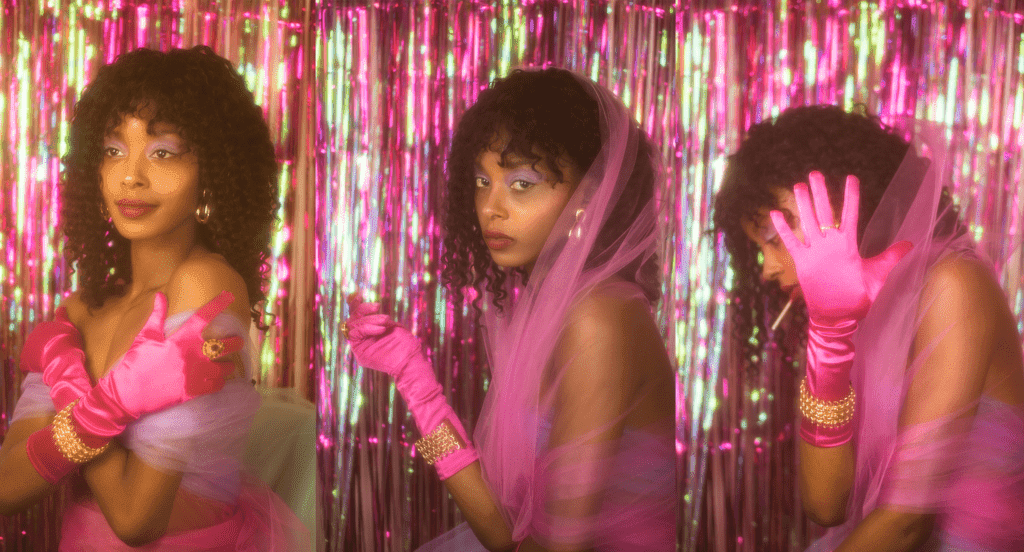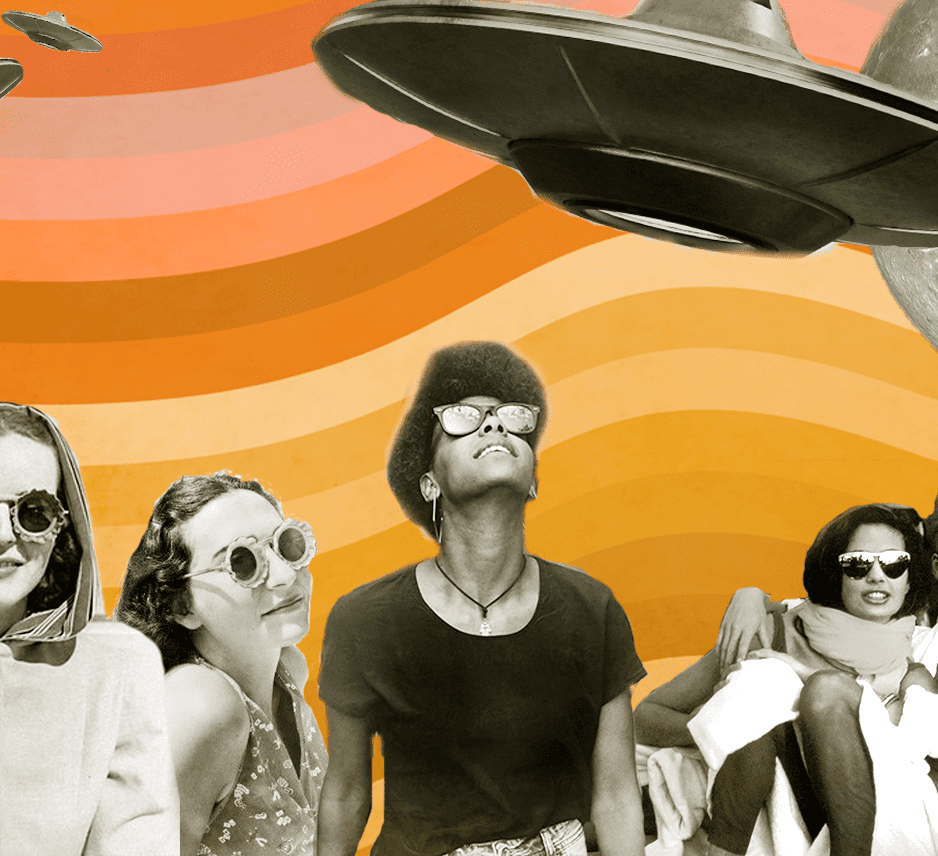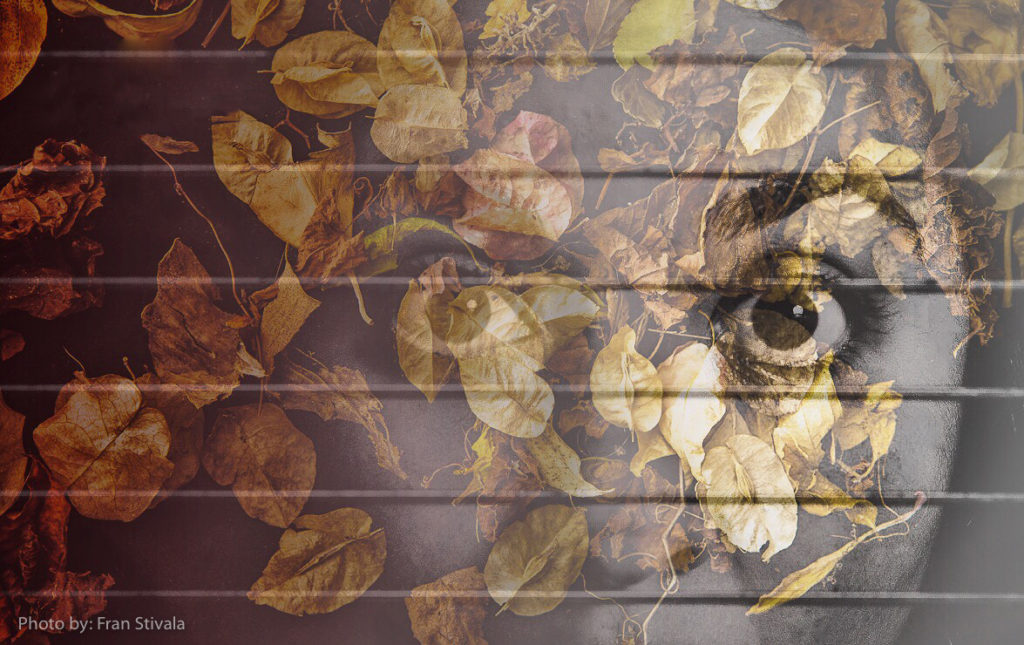
Pregnancy and motherhood are presented to us with very specific imagery growing up – always an aura of serenity surrounding them, pictures of peace and tranquility, an expectation of feeling completeness when considering any aspect of birth, pregnancy, and motherhood. What more could one want than the gift of motherhood? It is presented as the ultimate job, the most beautiful experience, the greatest love of all. And whilst it can feel like this for some, seeing as all people are different, the idea that this is the blueprint for motherhood is a false facade, a rose-tinted glass dome placed upon the reality of life, leaving many to feel lost and ashamed when experiencing it for themselves.
When someone finds themselves pregnant, and they choose to go through with the pregnancy – should they live in a country that offers an appropriate standard of healthcare and affords them that choice – the reactions they get are generally those of complete and utter joy and awe. Congratulations are generously provided, and nobody is lacking in expressions of “motherhood will change you” and “I have never known a love like the one I felt when I looked at my baby for the first time” – and variations of the sort. Suddenly, this person is a Future Mother; and as a Future Mother, this person must be taken care of and protected and loved and focused on. When a person announces their pregnancy there is a shift in experience of this person, and people often start to consider them through the context of their womb.
Pregnancy, contextualised as the ultimate gift. But where does this leave room for the actual pregnant person themselves to feel the nuance of emotions and experiences that pregnancy may entail? The discomfort, the health scares, the pain, the horrors and fears of a pregnancy – or even the pure boredom? When society places a human on a social and emotional pedestal because of something that is happening to them, like a pregnancy, it provides a level of expectation on them to live up to an idea that it has formed of a pregnant person. A Future Mother. Society expects the person to be excited about their pregnancy, to the point where they are no longer allowed to project anything but joy, because they are supposed to feel fortunate and fulfilled and content – they are supposed to live up to a role that society has created for them. They are supposed to make the change into The Future Mother.
Pregnancies can be horrific, and painful, and they can go wrong – or they can simply be something that wasn’t particularly self-actualising or even special. Nobody who is pregnant should have to be shunned and shamed for having a pregnancy that does not fit the narrative placed upon them by everyone else for the duration of said pregnancy. A birth can be messy – and the moment a mother sees their child for the first time can be nothing more than a confusing and strange experience – and nothing else. It is perfectly normal to experience a rush of love when one first sets eyes on their child, but it is also the only experience a parent is taught to expect. A pregnant person never really gets prepared for the potential, and also normal, experience of not really feeling anything but pain or indifference after they have experienced birth.
It is not so otherworldly to feel detachment from a baby after having had to go through a potentially physically and mentally taxing experience in order to make them appear outside of their womb. Society is so comfortable with allowing humans to recover from traumatic events like abuse or having to grieve the loss of a loved one, so why does it not allow the same space for new mothers to recover from the pain and fear they felt throughout labour? Why is it so inconceivable that they simply do not feel great about the baby who, in their muscle memory, caused so much pain to be able to exist? Why does society demand love from a human, who is suddenly faced with an all new relationship that they must also get used to? And does it demand the same for new fathers?
There is an expectation of The New Mother. They are a strong person who fought through labour and birthed a child, they are akin to a god – and they are most definitely maternal in all ways. But does society truly consider and normalise the period of difficult recovery from birth, and the varying forms and lengths of time it may take? Once a baby has been born, there is often an expectation of new mothers to be overjoyed by this fascinating new presence in their lives – they have been told for 9 or so months that this will be the most tiring but most rewarding and full period of their lives.
“Savour it! Time passes so quickly!”
Perhaps though, for some, this period is simply a time that they must endure – and should that not be okay, too?
If you place a person on a pedestal for months with enough expectations, there is a possibility that they will crumble when you thrust them off. Many negative experiences after birth are shunned by society, and even by other mothers. Within this competition to be what society deems as The World’s Best Mum, it can be incredibly isolating to have to experience a different set of emotions towards motherhood, and ultimately towards one’s child, than those which one has been presented with all their lives. One may suffer from postpartum depression or anxiety, for instance, as a new mother, and it is not uncommon to do so, and many do not know who to turn to when they do feel symptoms related to these mental states.
Placing that rose-tinted glass dome over pregnancy, birth, and motherhood creates a scenario of extreme shame and fear when the tint has been washed away. When the expectation of a beautiful breastfeeding experience turns into the reality of one not being able to breastfeed because it is too painful and too traumatic an action, then a person feels as if something is misaligned within them, or that they simply do not have a certain attribute that makes others such great parents. These pedestals, this glorification that society pushes onto someone who is going through the experience of having a child, creates really dangerous scenarios in which some mothers are simply feeling as if they are not good enough, or worse – wrong.
This change that is expected of mothers to suddenly become an entirely different person after birth is damaging, and can create really severe identity issues. Why does society expect a new mother to entirely relinquish who they have been before becoming a parent, for instance? The hopes and dreams and aspirations of The New Mother are almost expected to be sacrificed, as if they must suddenly become a martyr of all that is ‘them’, in order to be considered and accepted as part of the World’s Best Mum Club.
In creating these expectations, as a society, we strip new parents of their humanness, and in turn expect the impossible from them – and sometimes even demand it. Parents are humans before they have a child, and are very much still humans after the fact. They are allowed mistakes and emotions and dreams and contextual nuance just as any other human who isn’t a parent is allowed these things. In collectively starting to realise this as a society, through reigning in our expectations and over-glorification of the experience of birth and motherhood, perhaps we can shift our perspective to a healthier one, and not continue to push the idea of an innate maternal instinct existing within every pregnant person, and allowing new mothers to simply breathe.
#għajjejtuxbajt
Do you have an experience you’d like to share with us at wham? Contact us or send us an email at [email protected]

Għajjejt u Xbajt is a feminist platform by and for feminists, and those with questions for them. It is a non-judgemental space for all who strive for the same aim: equality and progress. They don’t claim to have all the answers, but are very dedicated to posing the questions. #għajjejtuxbajt



